Military Books
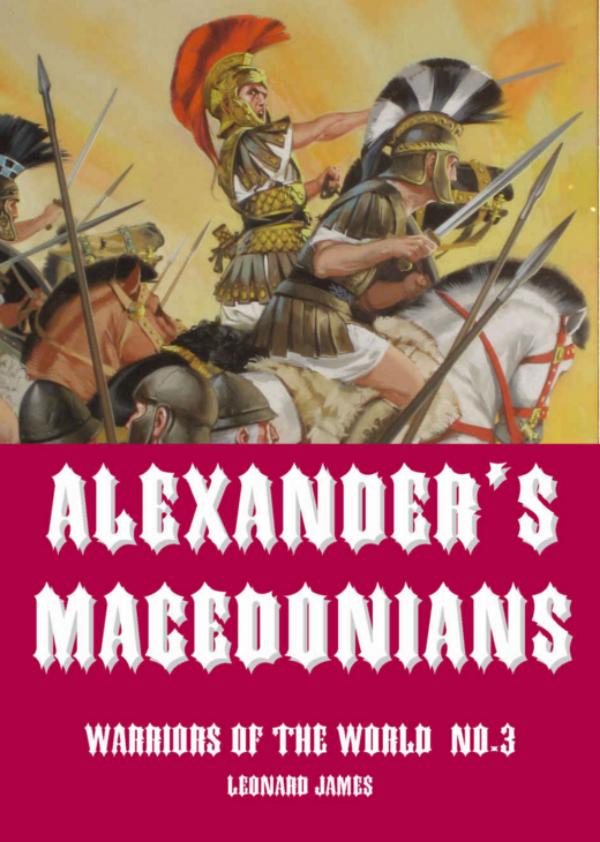
Alexander's Macedonians
Author: Leonard Jamesfrom £1.49
Alexander the Great conquered the known world in a whirlwind of military campaigning that lasted just 13 years. Alexander's genius helped, but he would have got nowhere if it had not been for his formidable army with its immaculate training, revolutionary tactics and novel weapons.
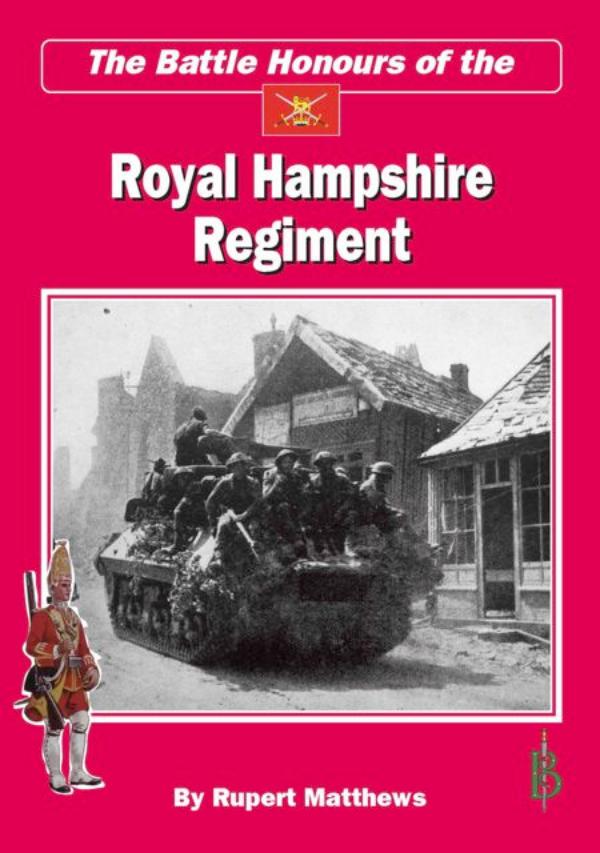
Battle Honours of the Royal Hampshire Regiment
Author: Rupert Matthewsfrom £7.99
A gripping account of the battles that gave the Royal Hampshire Regiment its proud battle honours. Men from across Hampshire have for generations fought in the ranks of the Royal Hampshire Regiment, or its predecessors the North Hampshire Regiment and South Hampshire Regiment. Among the great battles featured among the Battle Honours are: Blenheim, Minden, Barossa, Kabul, Paardeburg, The Somme, Passchendaele, Dunkirk, D-Day and Rhine Crossing. Each major battle will get a chapter to itself, more minor clashes will be dealt with within general campaign chapters. All 160 battle honours are covered. Illustrated with numerous photos and artworks this book provides a thrilling account of the history of the county regiment in stirring language that will appeal to a wide readership.
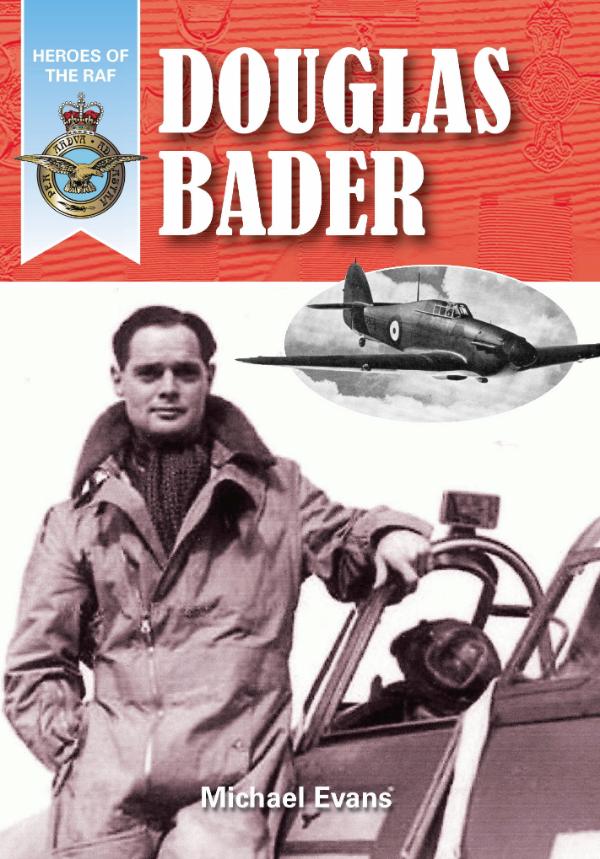
Douglas Bader
Author: Michael Evansfrom £9.99
A biography of heroic RAF?fighter pilot Douglas Bader who fought throughout the Battle of Britain despite having lost both his legs in an earlier aircraft crash.

English Civil War Sieges
Author: Leonard Jamesfrom £0.75
By the time of the English Civil War, sieges were becoming the dominant form of warfare. The history books may be filled with battles, charging horsemen and fluttering flags, but for the commanders of the time far more men, weapons and money were devoted to the grinding work of sieges than to the more exciting adventures of marching across the countryside fighting battles.
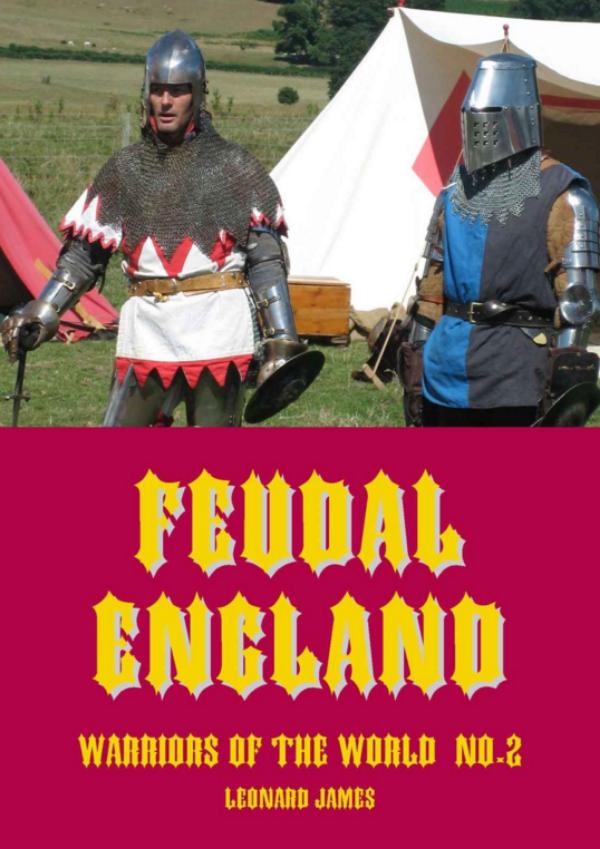
Feudal England - Warriors of the World No.2
Author: Leonard Jamesfrom £2.44
The popular image of feudal armies is one of knights in armour with colourful banners, painted shields and couched lances. Such men were there, but there was a lot more to medieval warfare than dashing about on a horse.
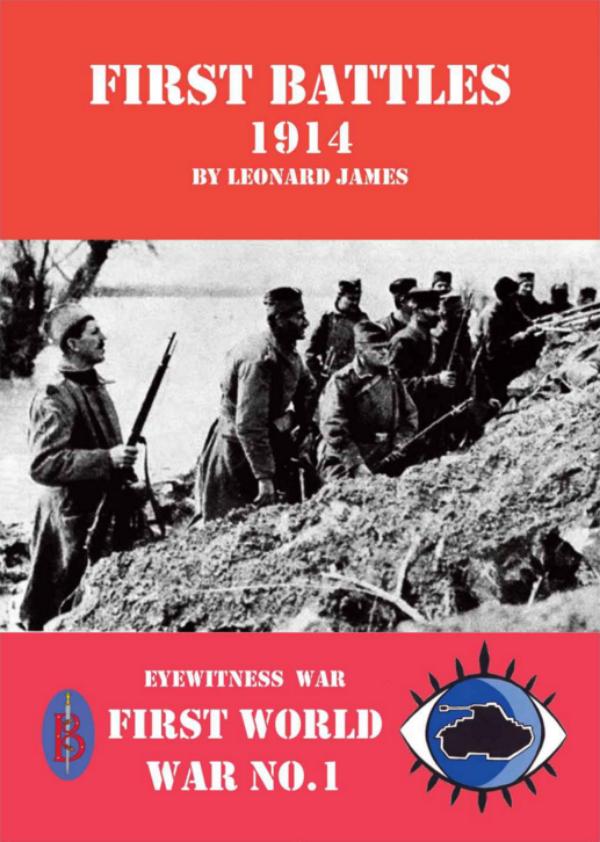
First Battles 1914
Author: Leonard Jamesfrom £0.79
An ebook containing contemporary accounts of the first battles of the war, fought when the Austro-Hungarian Empire invade Serbia in August 1914. Complete with explanatory glossary and background.
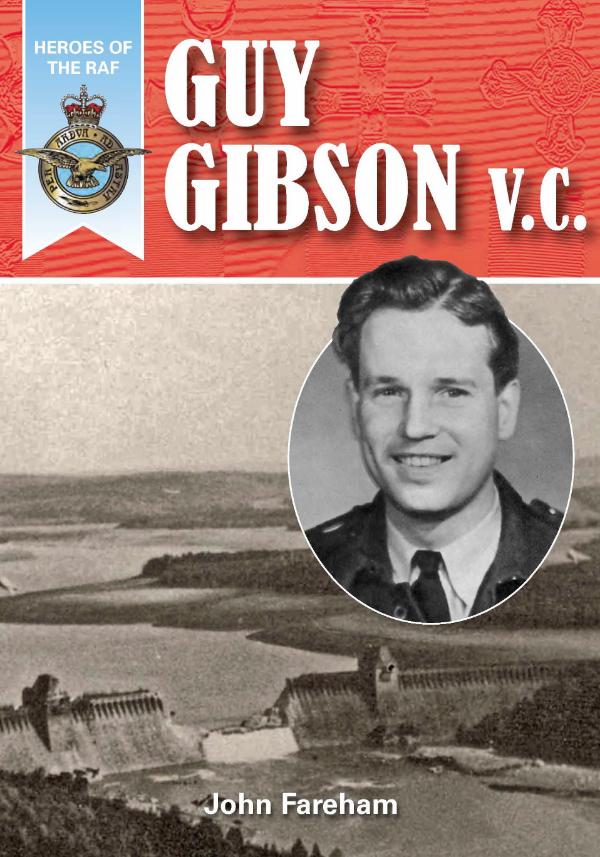
Heroes of the RAF - Guy Gibson VC
Author: John Farehamfrom £8.99
Thrilling biography of the man who led the Dambusters Raid.

Heroes of the RAF - No.43 Squadron
Author: Leonard Jamesfrom £6.99
This book looks at the heroic men (and more recently women) who have fought with the squadron over the years. It details their exploits in battle, their life with the squadron and in many cases their subsequent careers in the RAF.
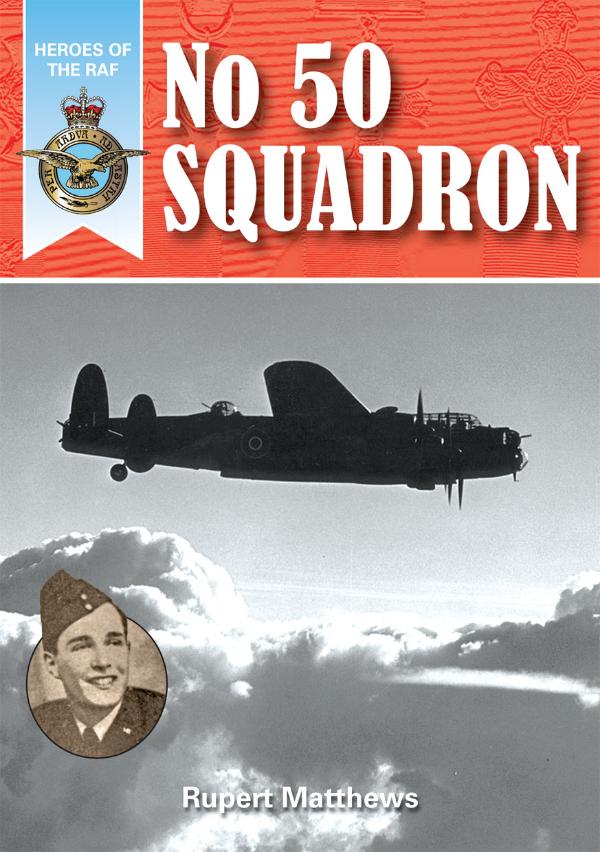
Heroes of the RAF - No.50 Squadron
Author: Rupert Matthewsfrom £9.99
No.50 has always been one of the foremost fighting squadrons of the RAF. Now the heroic exploits of its men are brought vividly to life in this stunning new book.
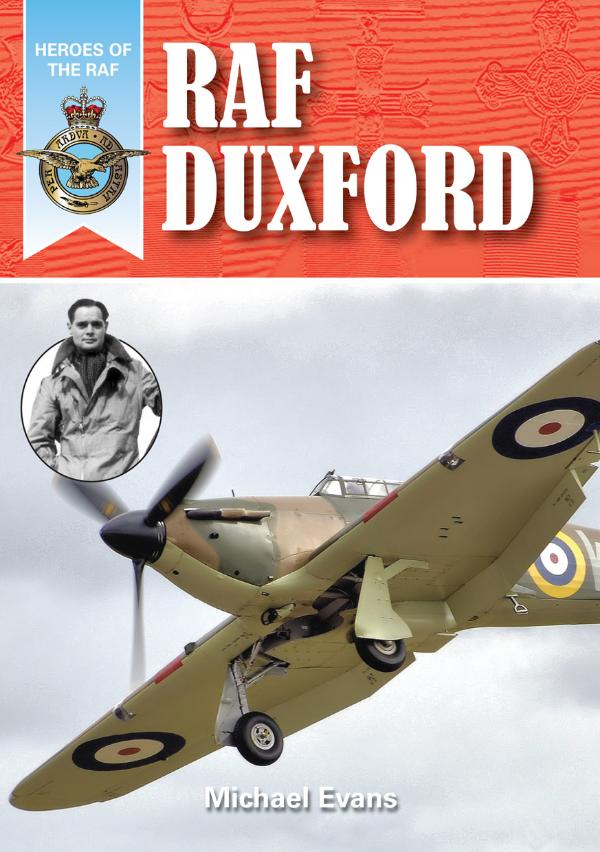
Heroes of the RAF - RAF Duxford
Author: Michael Evansfrom £9.99
A History of the famous RAF fighter base at Duxford
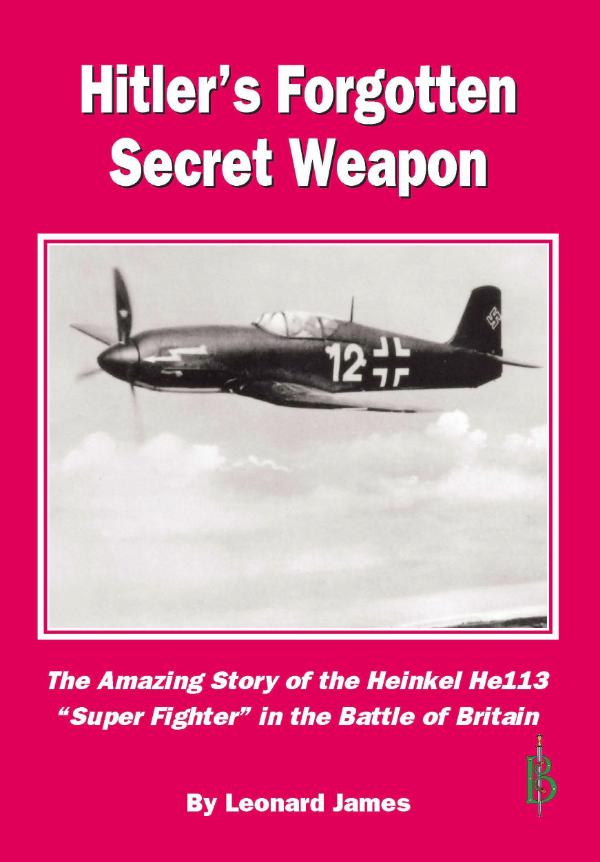
Hitler's Forgotten Secret Weapon
Author: Leonard Jamesfrom £9.99
The last great untold story of World War II, the career of Hitler's "Super Fighter" intended to destroy the RAF in the Battle of Britain and why it never succeeded. The super-secret Heinkel He113 fighter was designed to be a high-speed, high-altitude fighter that could outperform, outgun and outfight any other aircraft in the world when it entered service with the Luftwaffe in 1940. Hitler's airforce commander, Hermann Goring declared that the Spitfire was "so much scrap metal". As the Battle of Britain opened the RAF?issued directives to pilots about the new Superjaegar, or Super Fighter, and squadrons of these aircraft were met in combat over the Channel. Yet all was not what it seemed. There was a fatal flaw at the heart of the Superjaegar Projekt that meant that the aircraft would never achieve its potential and so would become Hitler's forgotten secret weapon. In this fascinating book the author traces the development of the He113 Wonder Fighter from the drawing board at Heinkel to the war torn skies over Britain in the fateful summer of 1940.
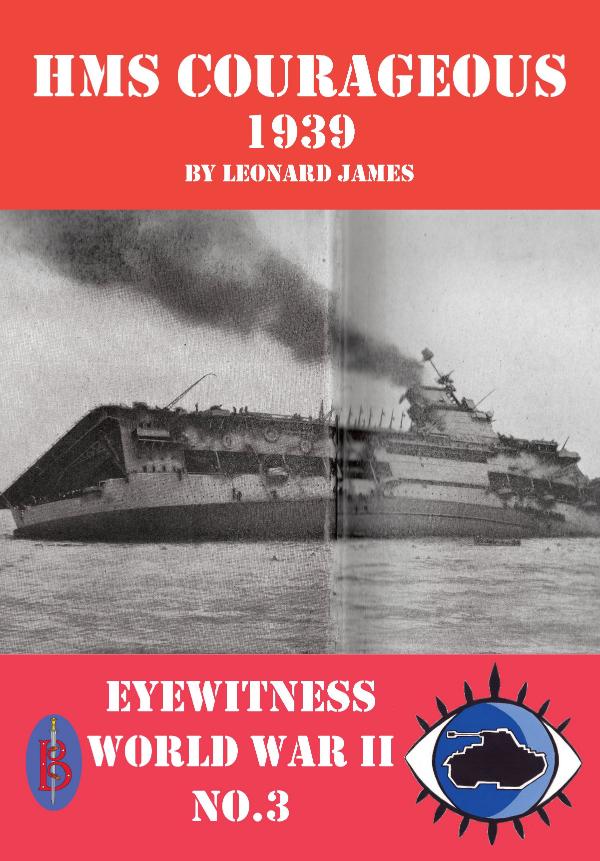
HMS Courageous 1939 - Eyewitness World War II series
Author: Leonard Jamesfrom £2.49
An ebook contianing eyewitness accounts of the sinking of the British aircraft carrier HMS Courageous in the first month of the war. Complete with explanatory text and background on the men and machines involved.

Montgomery and the First War on Terror
Author: Robert Ouldsfrom £8.99
Revealed in detail for the first time, the early career of Montgomery as a counter-terrorist commander in Ireland and the Middle East.
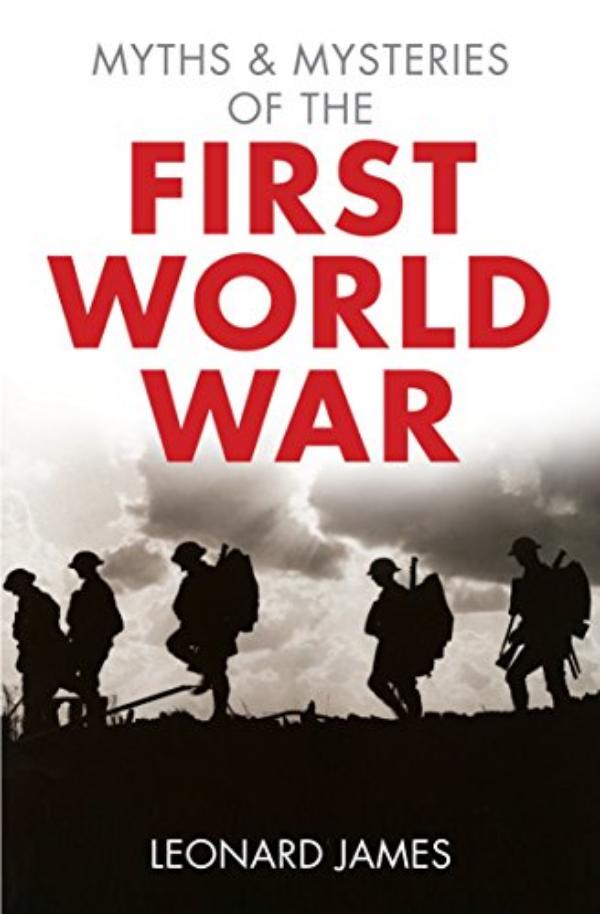
Myths and Mysteries of the First World War
Author: Leonard Jamesfrom £9.99
From the Angel of Mons to the sealed cargo on the torpedoed liner Lusitania, from the secret evidence in the Nurse Edith Cavell trial to the haunted U-boat, the First World War was a hotbed of mysteries and myths. This book explores the best known in the light of latest evidence from declassified documents.
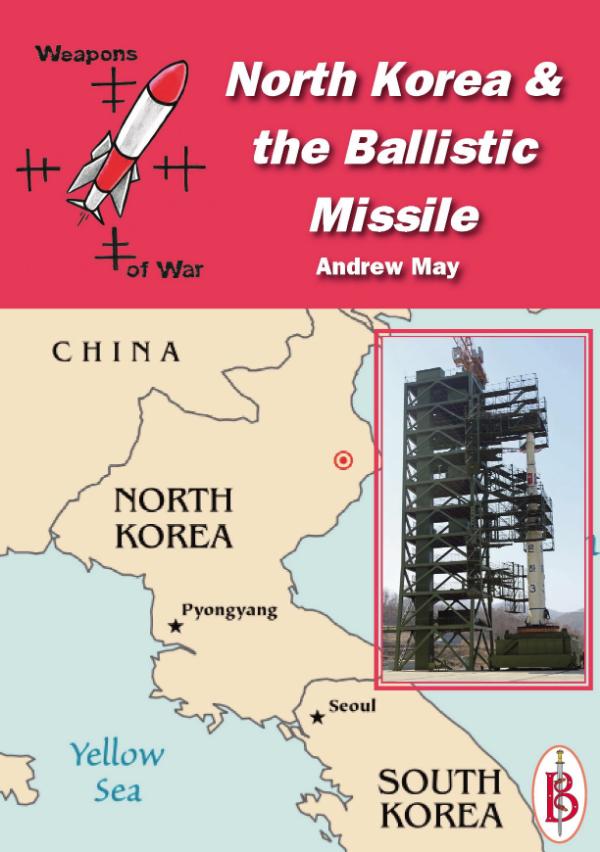
North Korea and the Ballistic Missile
Author: Andrew Mayfrom £3.50
The nuclear-armed ballistic missile is the most destructive weapon the world has ever seen. The latest country to gain this awesome weapon is the Democratic People's Republic of Korea, more commonly referred to as North Korea.
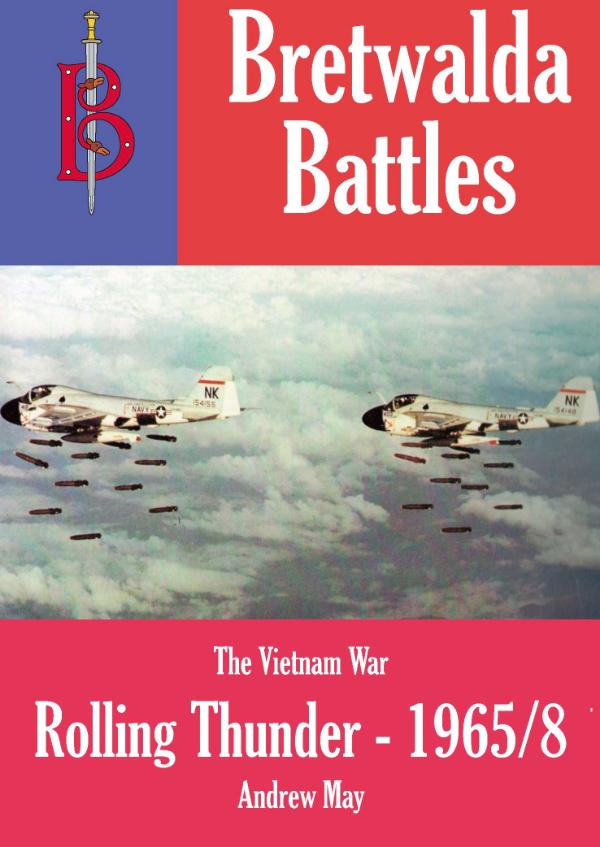
Rolling Thunder 1965
Author: Andrew Mayfrom £2.49
The longest battle in the entire Vietnam War was "Rolling Thunder", the strategic bombing offensive against North Vietnam carried out by the US?2nd Air Division.

Sinking the Bismarck
Author: Andrew Mayfrom £1.49
The Bismarck was the greatest battleship ever to prowl the Atlantic. With her eight 15 inch guns and 30 knots top speed she represented a massive threat to the merchant convoys on which Britain relied for survival. She had to be destroyed.
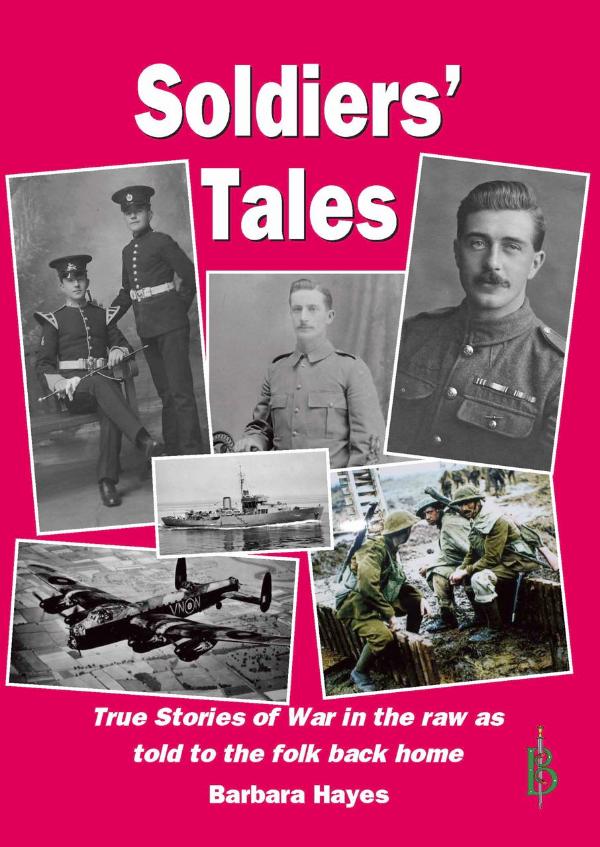
Soldiers' Tales - As told to the folks back home
Author: Barbara Hayesfrom £4.99
These are stories told by the young men who were actually at war. They are their versions of what was going on as they saw it. The tales come from soldiers, sailors and airmen, from the Boer War to the 21st century.

Surface-to-Air Missiles - Part of the Weapons of War Series
Author: Andrew Mayfrom £3.20
This book takes the reader on a fact-packed study of the SAM from its earliest days in World War Two with the British Stooge and German Waserfall through to the most sophisticated modern weapons such as the Israelie Iron Dome, British Sea Viper and the Russian Igla-S.
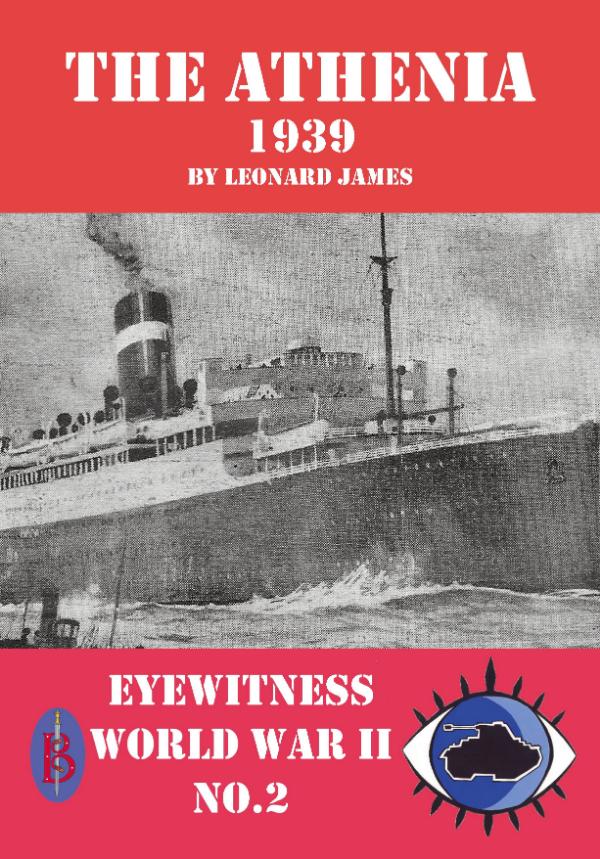
The Athenia 1939 - Eyewitness World War II series
Author: Leonard Jamesfrom £0.75
An ebook contianing eyewitness accounts of the first British ship to be sunk in World War II - just 10 hours after war was declared. Complete with explanatory text and background on the men and machines involved.

The Battle of Albuera 1811
Author: Oliver Hayesfrom £1.99
The Battle of Albuera was one of the bloodiest, and yet least decisive of the battles fought in the Peninsular War.

The Battle of Arsuf 1191
Author: Andrew Mayfrom £2.49
The key battle of the Third Crusade that saw King Richard the Lionheart of England inflict a crushing strategic defeat on Saladin.
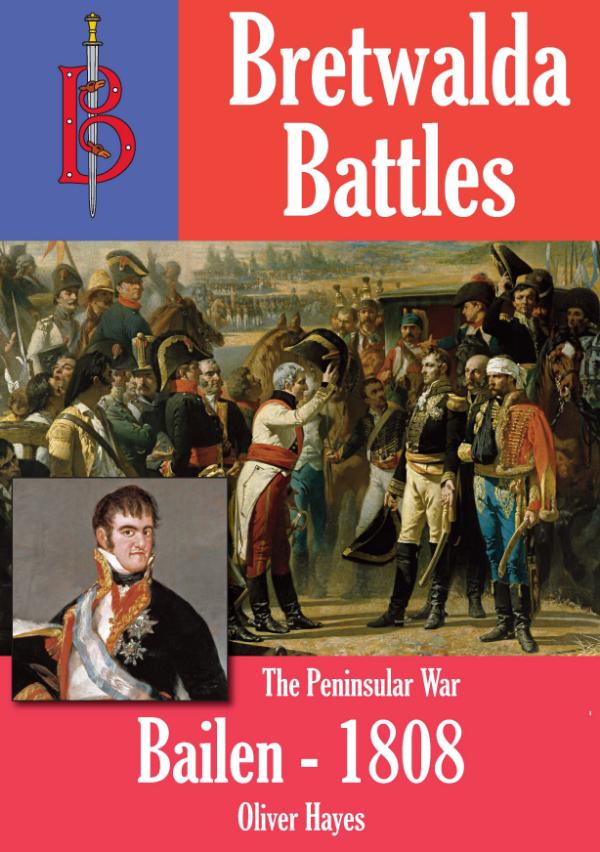
The Battle of Bailen 1808
Author: Oliver Hayesfrom £2.49
The Battle of Bailen set Europe alight. For years the magnificent, tough and superbly equipped armies of Napoleon Bonaparte had marched unchecked across Europe. But at Bailen a French army was fought to a standstill and forced to surrender by a small Spanish force led by an inexperienced commander.
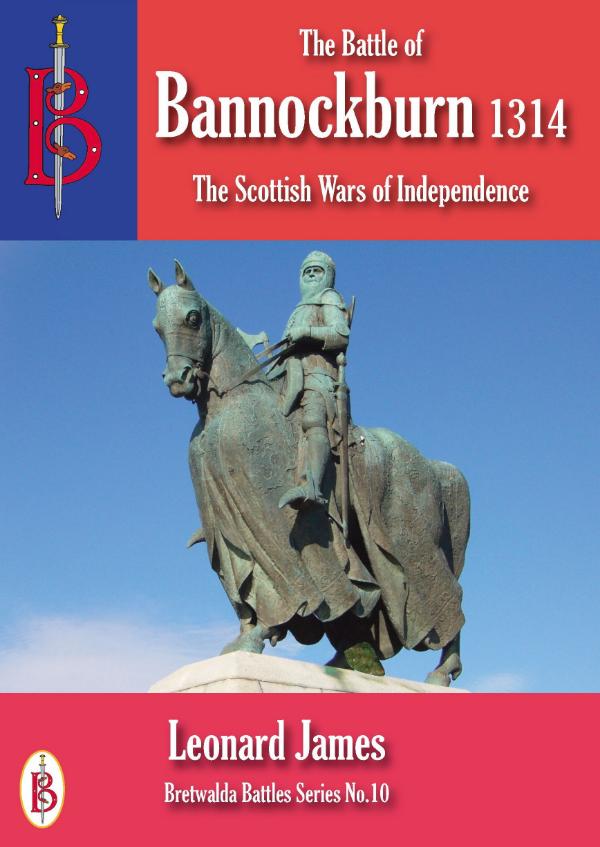
The Battle of Bannockburn 1314
Author: Leonard Jamesfrom £4.99
A book about the historic Battle of Bannockburn, the great triumph by Robert Bruce of Edward II of England that won independence for Scotland. The book is being released to mark the 700th anniversary of the battle and to coincide with the Scottish referendum on independence.

The Battle of Barrosa
Author: Oliver Hayesfrom £1.99
The Battle of Barrosa was an unexpected British victory in the Peninsular War. Caught strung out on the march on a mountain road by a superior French army, the British should have been annihilated, but instead gained a stunning victory.
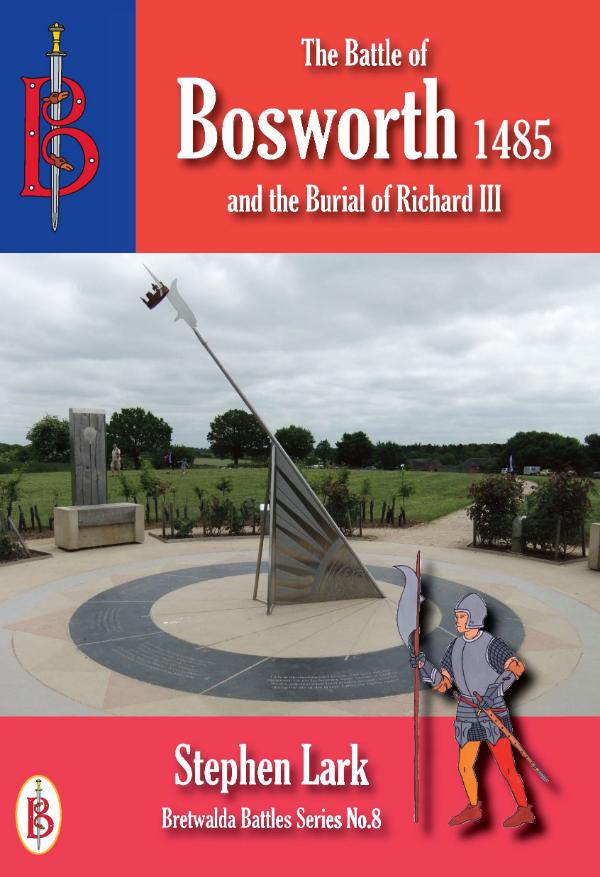
The Battle of Bosworth 1485 - and the Burial of King Richard III
Author: Stephen Larkfrom £4.99
A book dedicated to the Battle of Bosworth, the key turning point in the closing stages of the Wars of the Roses, together with the burial and rediscovery of the body of King Richard III.
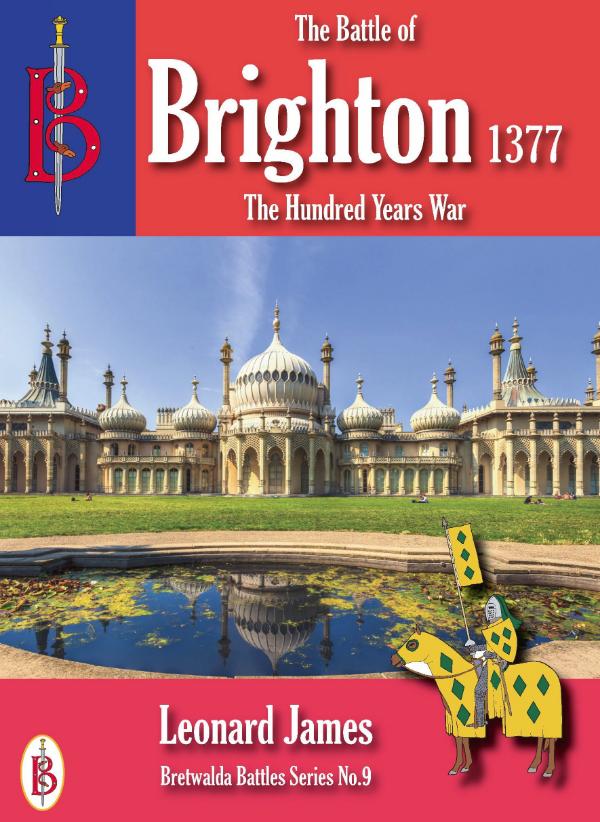
The Battle of Brighton 1377
Author: Leonard Jamesfrom £4.99
A book about the bloody Battle of Brighton, one of the lesser known battles of the medieval Hundred Years War between England and France.
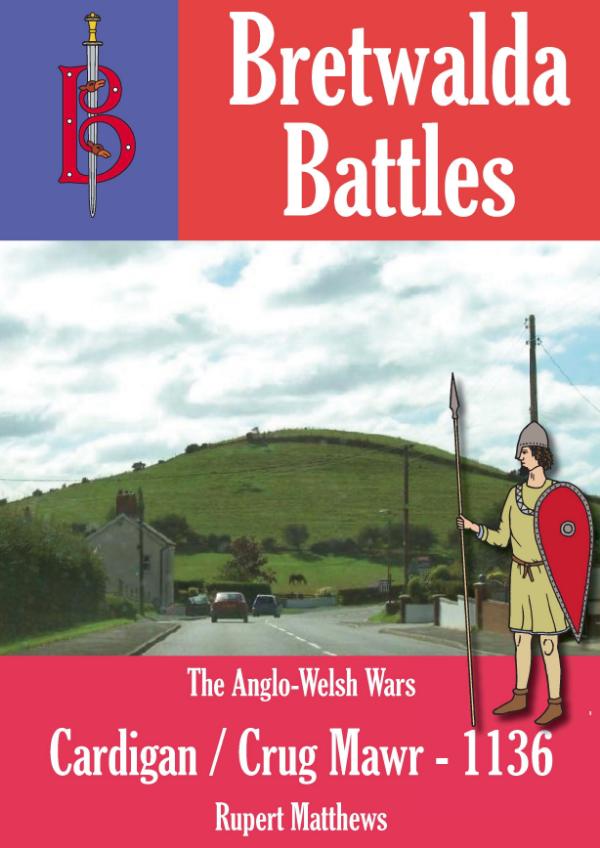
The Battle of Cardigan / Crug Mawr (1136) - A Bretwalda Battle
Author: Rupert Matthewsfrom £0.75
The sweeping victory of the Welsh at Cardigan (Crug Mawr) was historic. It not only put the victor, Owain Gwynedd in a position to rule Wales free of English domination, it also marked the arrival on the battlefields of Europe of a new, deadly and uniquely Welsh weapon. The longbow had arrived.

The Battle of Chesterfield 1266
Author: Rupert Matthewsfrom £2.49
A book dedicated to the Battle of Chesterfield that ended the Baronial Wars of King Henry III against Simon de Montfort.
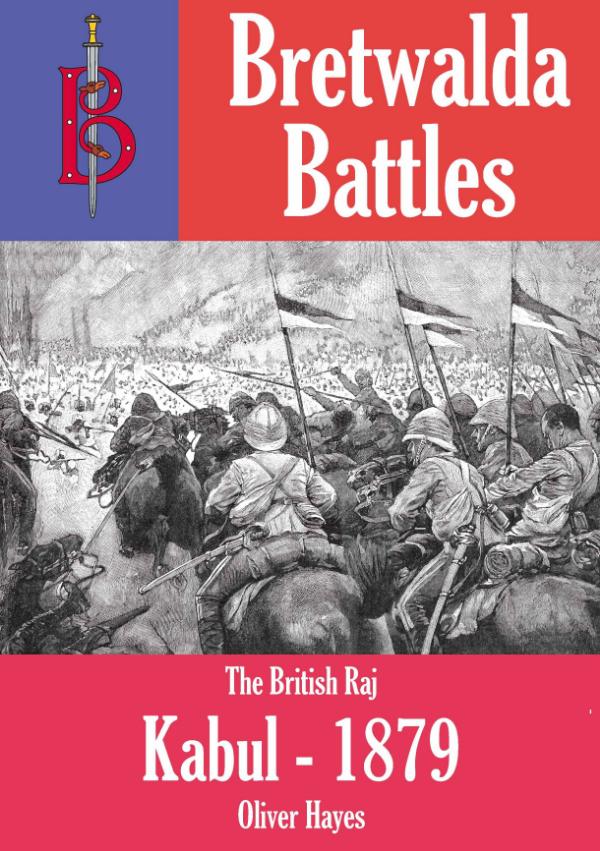
The Battle of Kabul (1879) - part of the Bretwalda Battles series
Author: Oliver Hayesfrom £0.75
With British troops again in Afghanistan, this book looks back to a previous conflict when Islamci fundamentalists again sought to overthrow the government of Afghanistan and British troops went in to pacify the area.
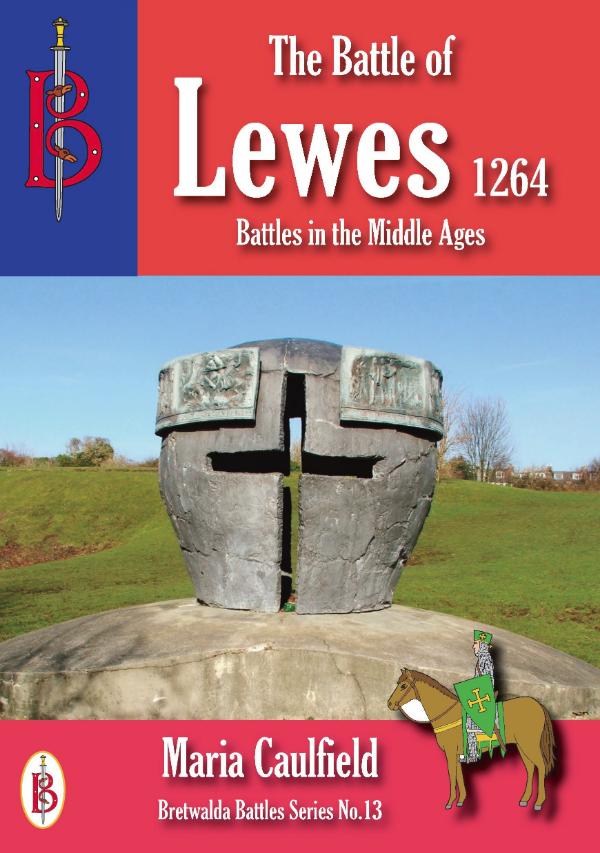
The Battle of Lewes 1264
Author: Maria Caulfieldfrom £4.99
A book about the bloody Battle of Lewes, fought in 1264 that was a key victory for the rebels under Simon de Montfort who sought to limit the powers of the king.
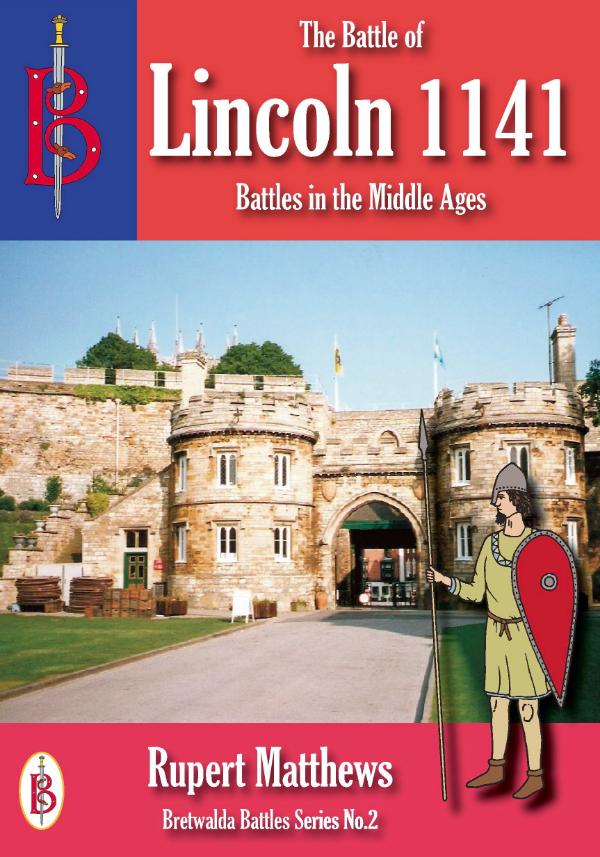
The Battle of Lincoln 1141
Author: Rupert Matthewsfrom £2.49
A book dedicated to the Battle of Lincoln that marked a turning point in the Wars of Anarchy during the reign of King Stephen in the 12th century.
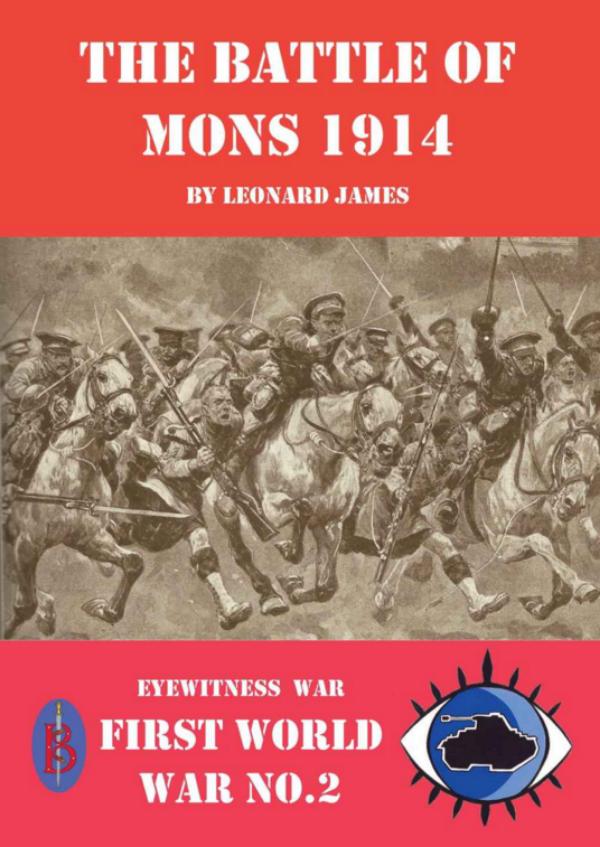
The Battle of Mons 1914
Author: Leonard Jamesfrom £0.79
An ebook containing contemporary accounts of the first major battle fought by British troops in the First World War at Mons in 1914. Complete with explanatory glossary and background.

The Battle of Nibley Green
Author: Leonard Jamesfrom £2.40
On a spring morning in 1470 the peace of Gloucestershire was shattered by the sounds of battle. The Wars of the Roses had come to this peaceful corner of southwestern England in spectacular and bloody fashion.
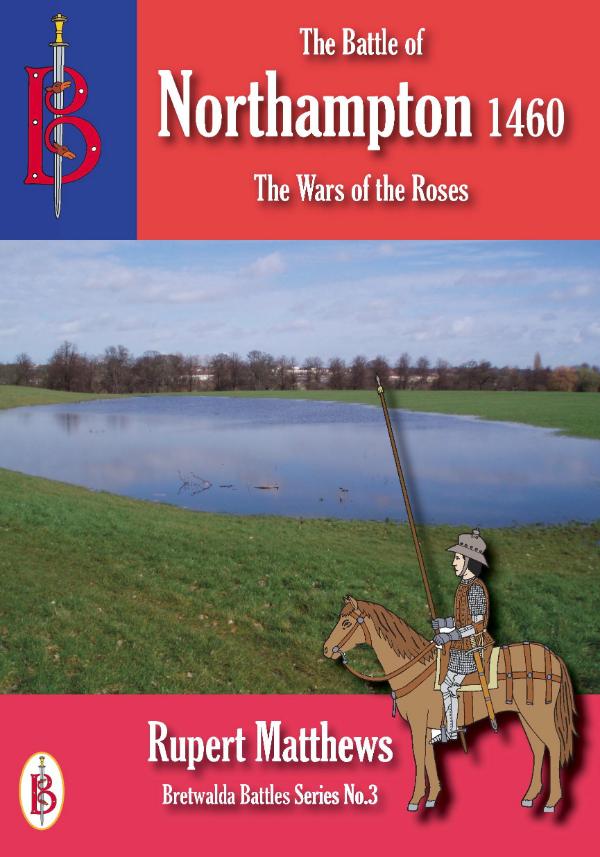
The Battle of Northampton 1460
Author: Rupert Matthewsfrom £4.99
A book dedicated to the Battle of Northampton, fought as part of the Wars of the Roses in 1460.
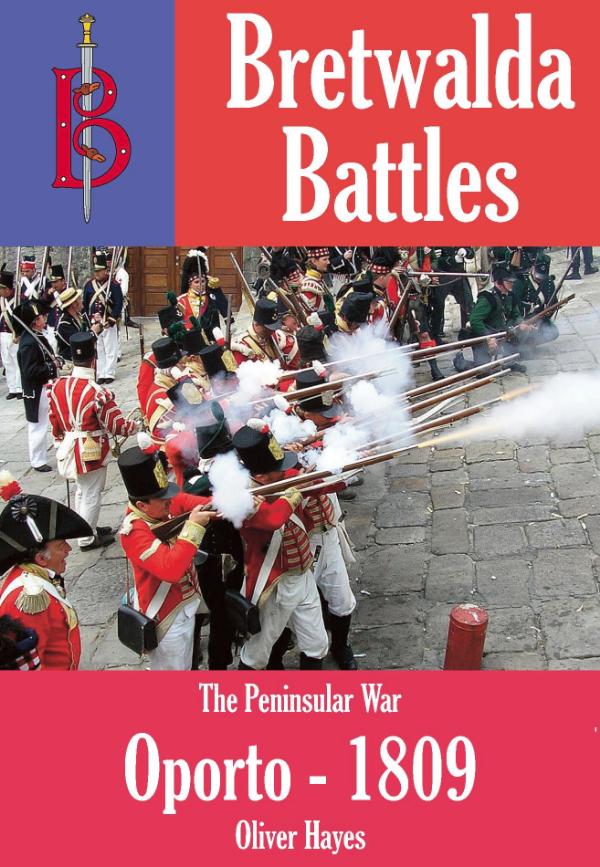
The Battle of Oporto 1809
Author: Oliver Hayesfrom £2.49
The Battle of Oporto was key early British victory in the Peninsular War that ensured that the troops commanded by Arthur Wellesley (later the Duke of Wellington) would not be driven out by the French any time soon.

The Battle of Otford - part of the Bretwalda Battles series
Author: Rupert Matthewsfrom £0.75
A much overlooked Dark Age battle between the Kingdom of Mercia and the Kingdom of Kent that was a surprise victory for Kent due to careful tactical surprise.

The Battle of Pavia 1525
Author: Stephen Larkfrom £2.40
A book dedicated to the Battle of Pavia that decided the fate of Italy for over two centuries. The battle also marked the death of Richard de la Pole, nephew of King Richard III of England and the last Yorkist pretender to the English throne. This battle fought in Italy therefore marked the true end to the Wars of the Roses.

The Battle of Portland 1653
Author: Andrew Mayfrom £2.49
The turning point in the 1st Anglo-Dutch War the Battle of Portland raged for three days off the south coast of England and ended in a decisive victory for the English fleet.
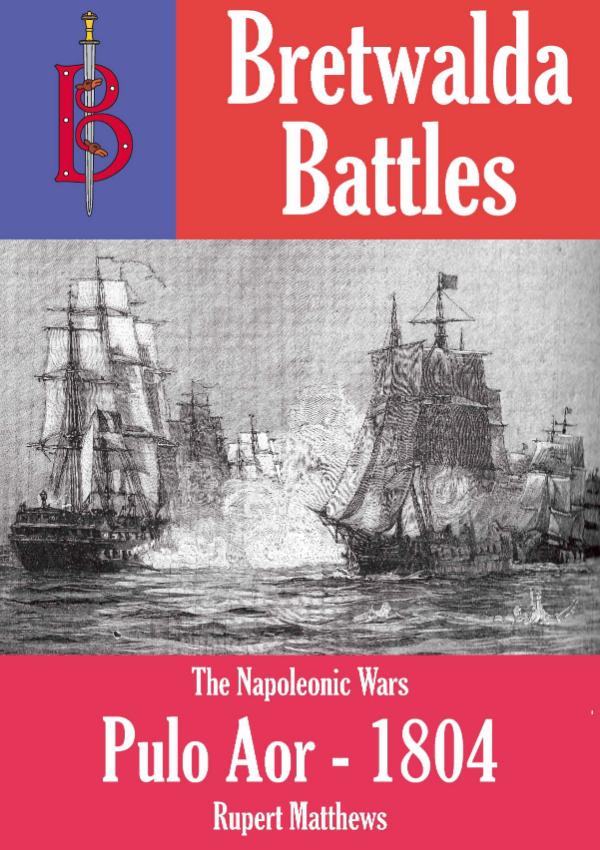
The Battle of Pulu Aor - part of the Bretwalda Battles series
Author: Rupert Matthewsfrom £0.75
A key naval action that confirmed British control of the Indian Ocean and its rich trade at a crucial point in the Napoleonic Wars.
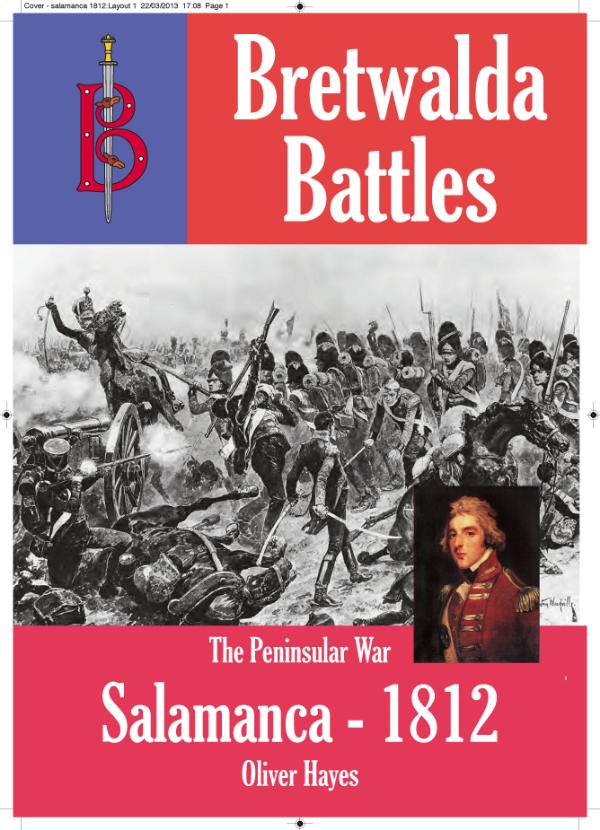
The Battle of Salamanca 1812
Author: Oliver Hayesfrom £2.49
For six weeks in the spring of 1812 Wellingston's Anglo-Spanish army marched and countermarched across western Spain as it sought to find away past the French army of Marshal Marmont. Their chance came at Salamanca.
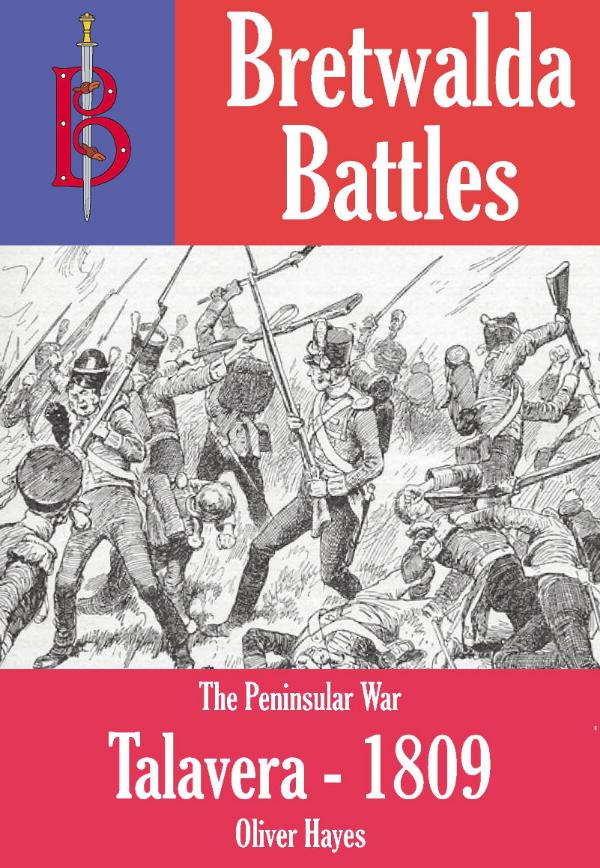
The Battle of Talavera 1809
Author: Oliver Hayesfrom £1.99
At Talavera a British army under Sir Arthur Wellesley (later the Duke of Wellington) tried to link up with a Spanish army under General Cuesta to ambush a French corps under Marshal Victor.
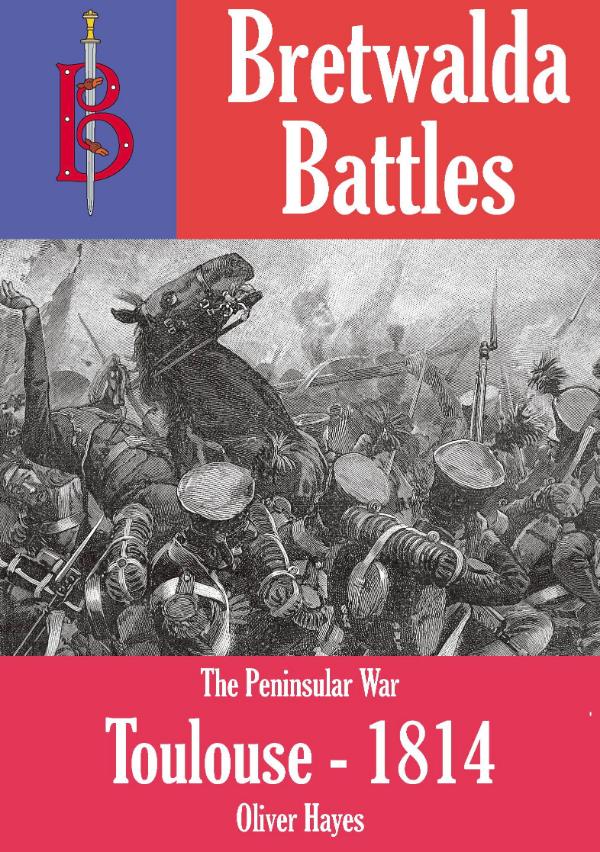
The Battle of Toulouse 1814
Author: Oliver Hayesfrom £1.99
By the spring of 1814 the Peninsular War was nearing its climax. The British army under Wellington was invading southern France, but they were faced by a larage French army under the cunning French Marshal Soult. Wellington's attack on Toulouse was to prove to be one of his hardest fought actions.

The Battle of Towton 1461
Author: Leonard Jamesfrom £4.99
A book about the largest battle ever fought on English soil - the Battle of Towton, one of the key turning points in the Wars of the Roses. .

The Battle of Vimeiro
Author: Oliver Hayesfrom £2.49
It was the Battle of Vimeiro that established the reputation of Sir Arthur Wellesley, later to be the Duke of Wellington.

The Battle of Wimbledon (568) - A Bretwalda Battle
Author: Oliver Hayesfrom £1.99
A key battle fought in the chaos that followed the "Age of Arthur" for control of southern Britain pitched the King of Kent against the leader of the Romano-Britons. The victory won here decided the fate of Britain for a generation.

The Battle of Yeovil 1642
Author: Leonard Jamesfrom £1.55
The Somerset town of Yeovil is today a busy bustling and prosperous place. Back in 1642 it was smaller, but was still prosperous enough to attract the attentions of both Roundhead and Cavalier armies eager to raise money and men for their sides. It became a focus for a battle fought as part of the English Civil War between Royalist Cavaliers loyal to King Charles I and Parliamentarian Roundheads.

The Battles of the Pyrenees 1813-14
Author: Oliver Hayesfrom £1.99
By the summer of 1813 the Peninsular War had reached a crisis. The British army under Wellington was poised to invade France, but he was faced by the towering Pyrenees mountains and the cunning French Marshal Soult. What followed was a classic campaign of mountain fighting.
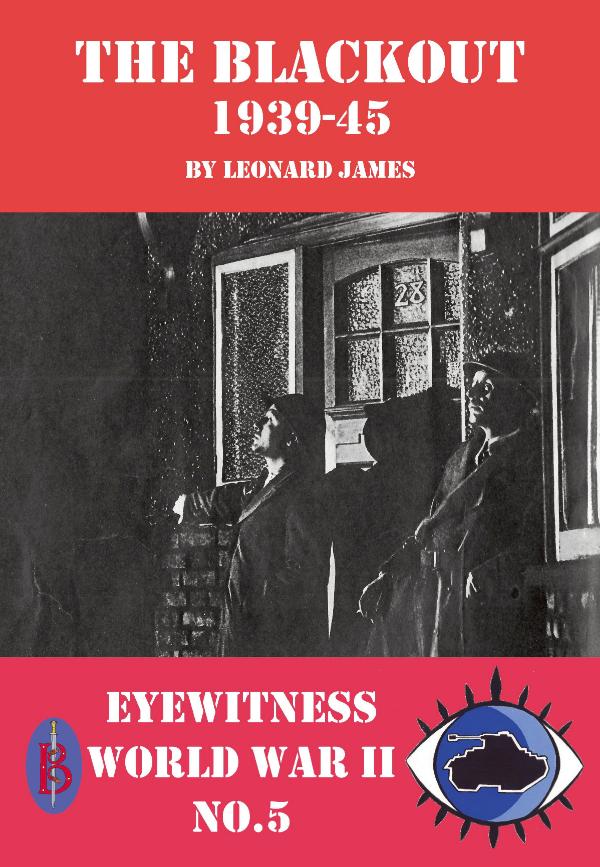
The Blackout 1939-45
Author: Leonard Jamesfrom £0.75
An ebook contianing contemporary newspaper reports and eyewitness accounts of what it was like to live through the Blackout during World War II
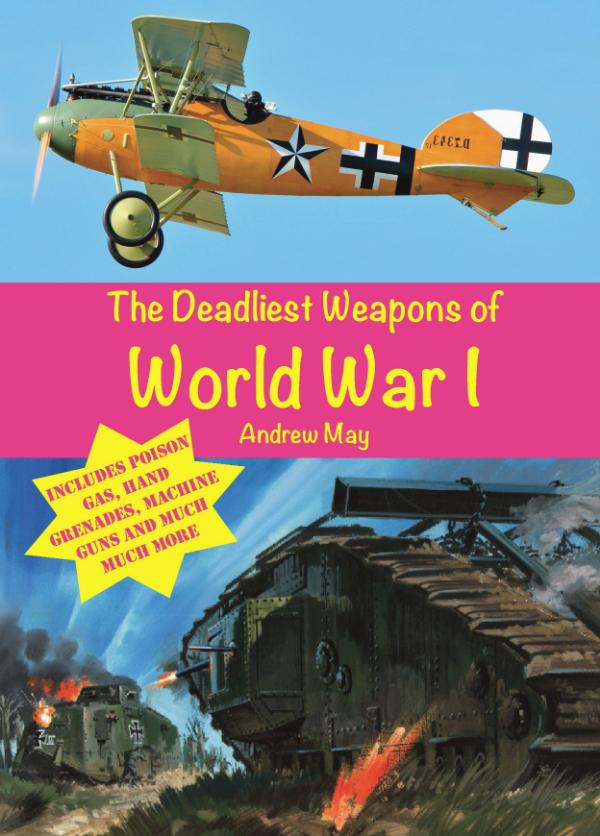
The Deadliest Weapons of World War 1
Author: Andrew Mayfrom £1.50
The First World War, fought between 1914 and 1918, was one of the deadliest conflicts in history. More than 16 million people were killed. Soldiers were mown down by machine guns or they were choked to death by poison gas. Civilians were blown to pieces by bombs dropped from giant airships. Ocean liners were sunk by torpedoes, leaving passengers to drown in the icy waters of the Atlantic.

The Destruction of Hiroshima 1945
Author: Andrew Mayfrom £2.49
The destruction of Hiroshima was the first use of an atomic weapon in warfare. It wiped out a city, ended World War II and changed the course of human history.
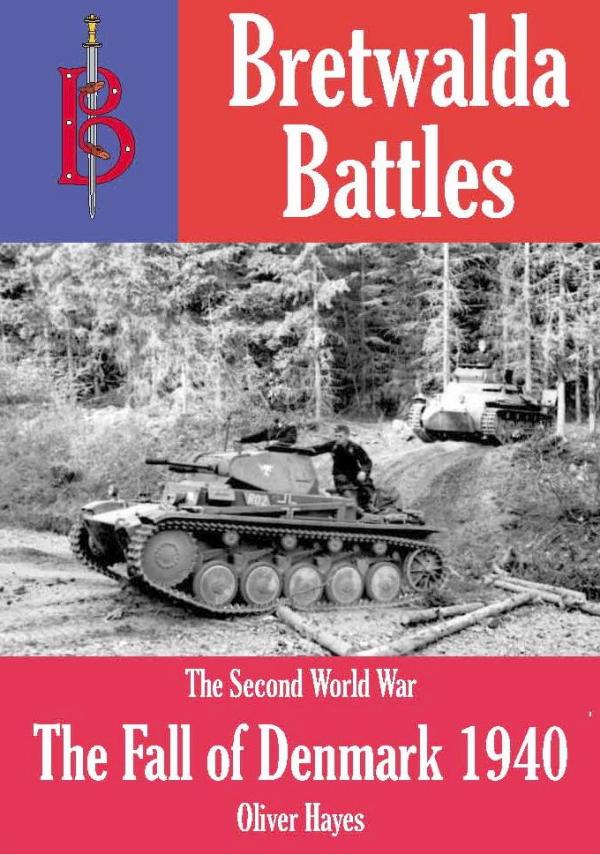
The Fall of Denmark (1940) - part of the Bretwalda Battles series
Author: Oliver Hayesfrom £0.75
In 1940 Hitler's Germany launched an unprovoked attack on little Denmark. The campaign was meticulously planned and over in hours. It saw the first ever use of paratroops in war, the first German amphibious landings of the war and the threat of terror bombing of cities and towns.

The Kiel Raid 1939 - Eyewitness World War II sereis
Author: Leonard Jamesfrom £0.75
An ebook contianing eyewitness accounts of the RAF's first big daylight raid on Germany. Complete with explanatory text and background on the men and machines involved.
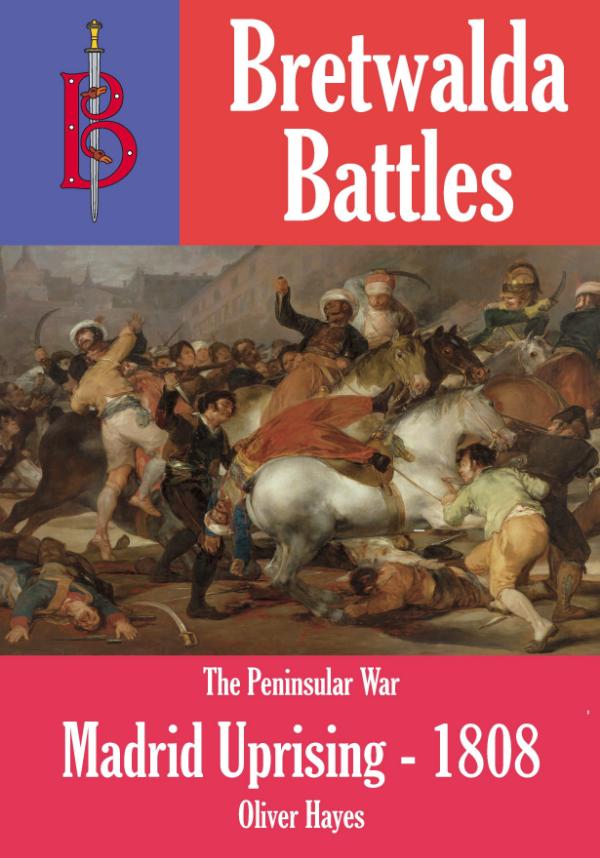
The Madrid Uprising
Author: Oliver Hayesfrom £1.99
On 2 May the Spanish capital of Mardrid erupted into savage violence. The citizens of Madrid had had enough of the French army in thier city and were rising up to throw them out. Artillery blasted down narrow streets, cavalry charged across the plazas and infantry slaughtered each other in the narrow alleys. The Peninsular War had begun.
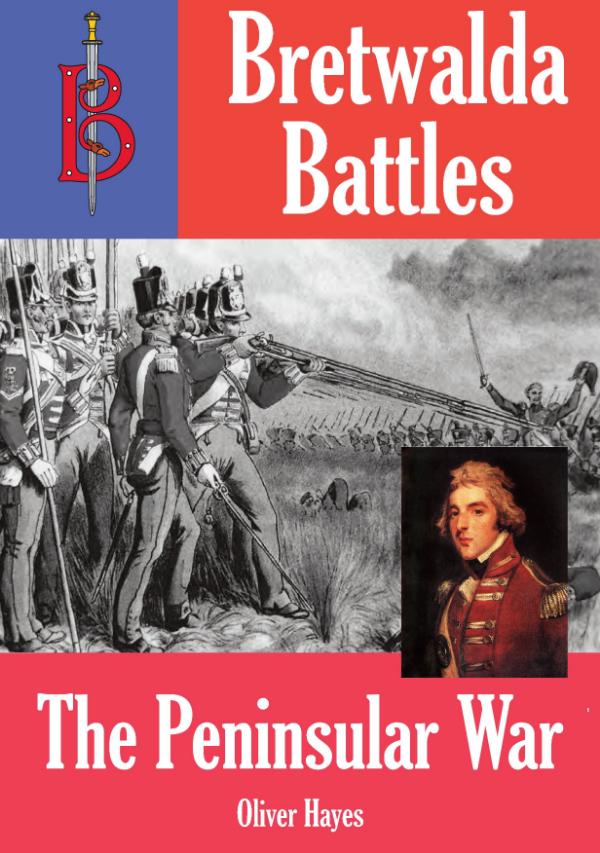
The Peninsular War
Author: Oliver Hayesfrom £7.99
The Peninsular War was a savage war fought as part of the Napoleonic Wars that convulsed Europe for more than a decade. They saw set piece battles, guerrilla campaigns, sieges and every form of warfare known to the early 19th century.
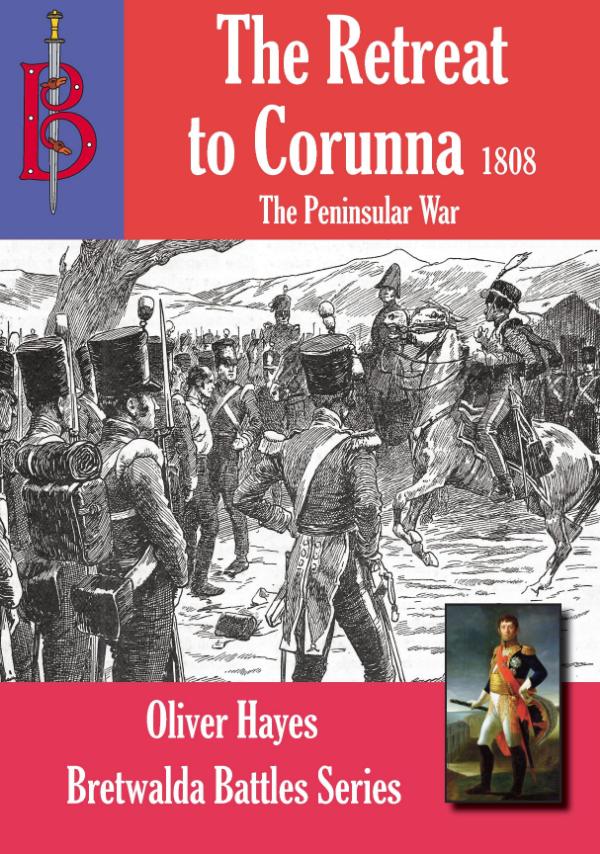
The Retreat to Corunna
Author: Oliver Hayesfrom £1.99
The Retreat to Corunna was a spectacular defeat for the British Army, yet it managed to save its reputation by carrying out one of the great fighting retreats of military history.
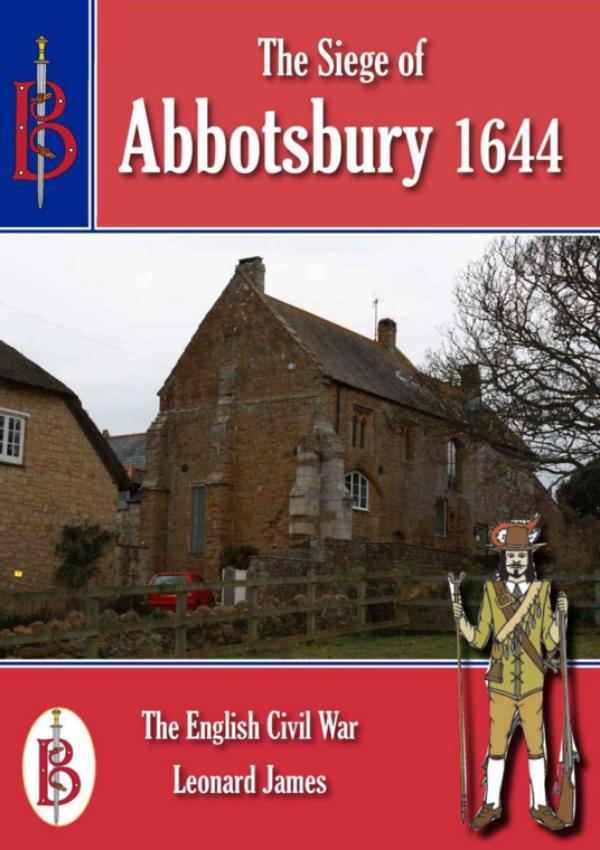
The Siege of Abbotsbury 1644 - Part of the Bretwalda Battles Series
Author: Leonard Jamesfrom £2.44
The Dorset village of Abbotsbury is today a place of thatched stone cottages strung out along a single street, that widens at one point to form a market square. Although the village is today as peaceful as any in England, it was in 1644 a place of war and bloodshed for it became a focus for a battle fought as part of the English Civil War between Royalist Cavaliers loyal to King Charles I and Parliamentarian Roundheads.
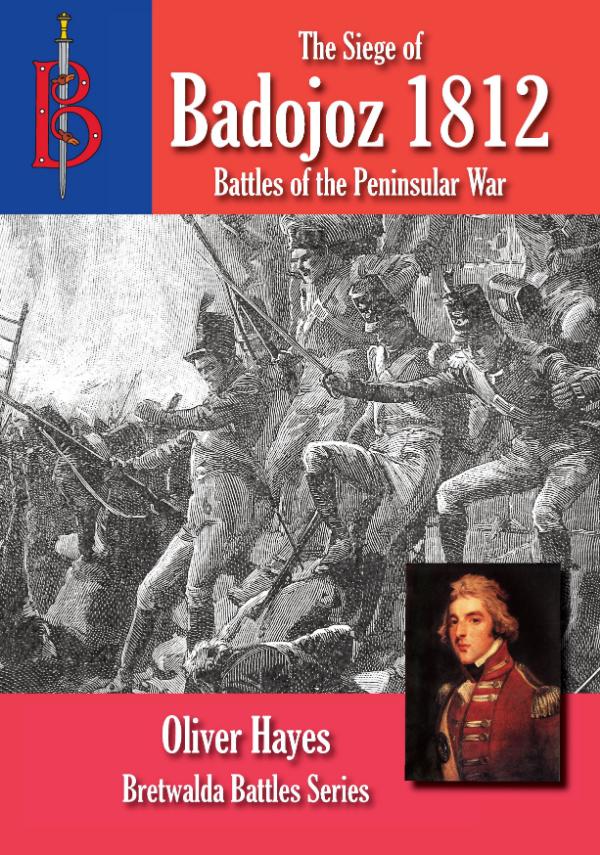
The Siege of Badajoz 1812
Author: Oliver Hayesfrom £2.40
The bloodiest siege of the Napoleonic Wars was the 1812 attack on Badajoz by Wellington's British army in the Peninsular War. Not only were the casualties among combatants heavy, but the subsequent sack of the city saw brutality, murder and rape on an unprecedented scale.
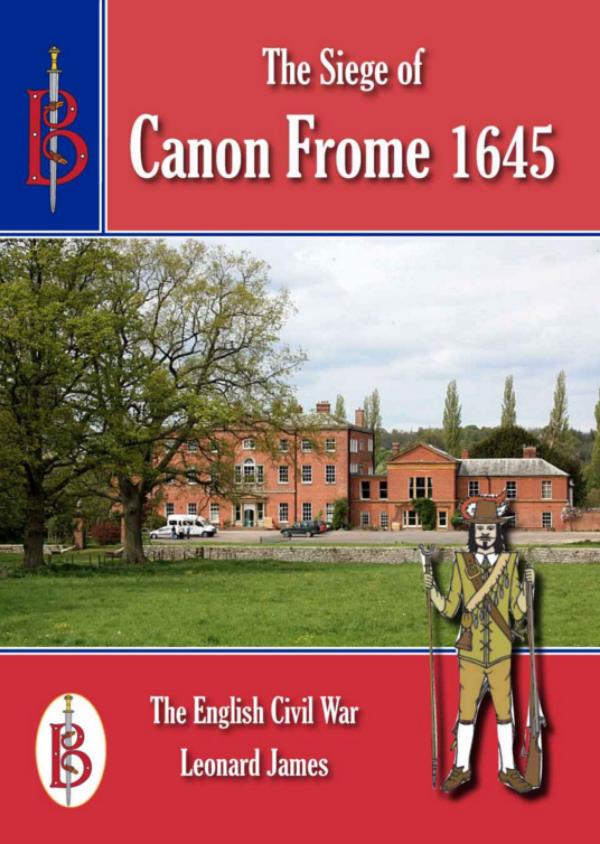
The Siege of Canon Frome 1645
Author: Leonard Jamesfrom £2.44
The village of Canon Frome nestles among the rolling hills of Herefordshire. Today it is a quiet, rural place, but in 1645 bloody war came here as Roundhead faced Cavalier in a brutal struggle that left the land strewn with the dead and maimed.

The Siege of Ciudad Rodrigo
Author: Oliver Hayesfrom £2.49
The Siege of Ciudad Rodrigo was a savage affair, fought as part of the Peninsular War that pitched Britain's Duke of Wellington against Napoleon's French Marshals.

The Siege of Lachish 701BC - A Bretwalda Battle
Author: Andrew Mayfrom £2.49
In 701BC Sennacherib of Assyria marched his army to crush a rebellion in Judah. The city of Lachish was first to be attacked and the siege proved to be a classic action of its time.

The Siege of San Sebastian 1813
Author: Oliver Hayesfrom £1.99
By the summer of 1813 the Peninsular War had reached a crisis. The Port of San Sebastian had to be captured, and captured fast if Wellington's British armies were to avoid a humiliating retreat due to lack of supplies. But in San Sebastian was the wily French commander Louis Rey. The scene was set for a classic siege campaign.

The Sieges of Gerona 1808 / 1809
Author: Oliver Hayesfrom £1.99
At Gerona the French for the first time ran into a Spanish army that neither ran away nor surrendered. The epic defence of Gerona lasted for over a year and saw the French throw everything that they had at the old walls around the city. The Spanish fought back gallantly, using thier bare hands when they ran out of ammunition. The city still celebrates as a public holiday the day the French were thrown back from the breaches.
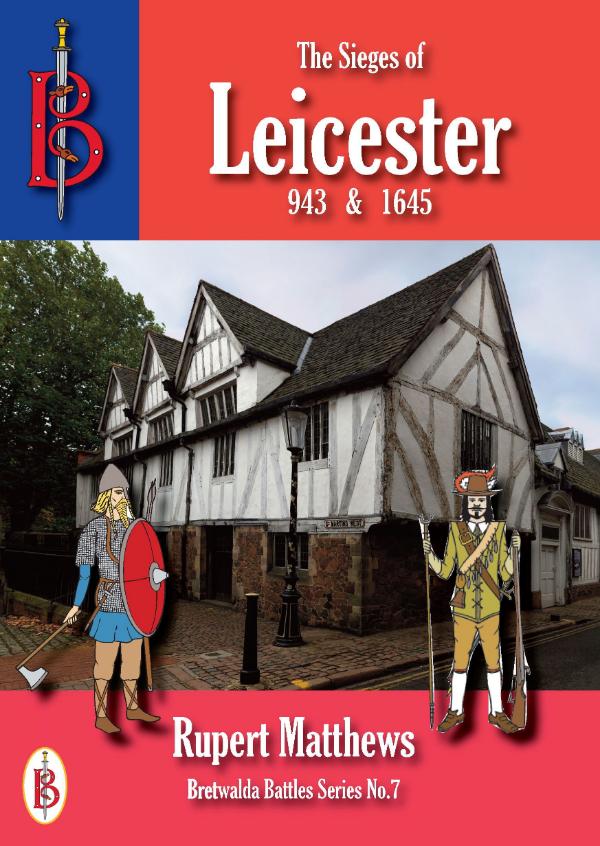
The Sieges of Leicester 943 & 1645
Author: Rupert Matthewsfrom £4.99
A book dedicated to the three sieges of Leicester in 943 and in the summer of 1645, events that saw much of the medieval city razed to the ground and hundreds of citizens killed.
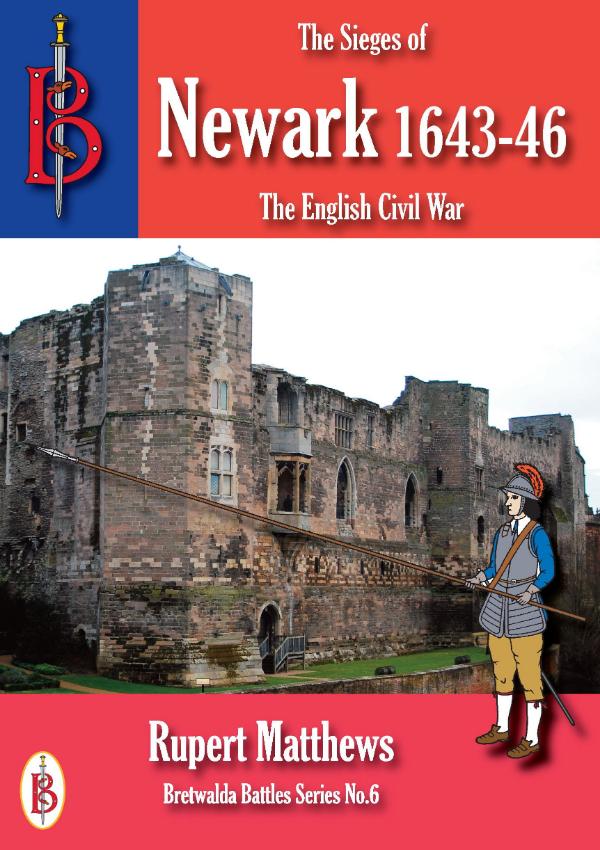
The Sieges of Newark 1643/6
Author: Rupert Matthewsfrom £4.99
A book dedicated to the four sieges of Newark during the English Civil War, the last of which marked the collapse of Royalist power in the Midlands.
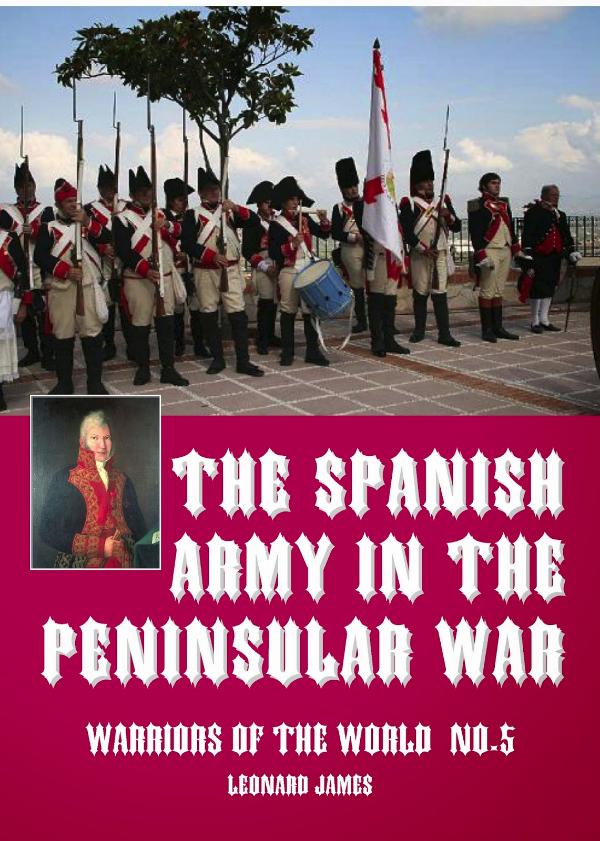
The Spanish Army in the Peninsular War - Weapons, Tactics and Strategy
Author: Leonard Jamesfrom £3.49
The Spanish Army was the first to stop Napoleon's veterans in open battle - crushing a French army at the Battle of Bailen in July 1808 and forcing the survivors to surrender. Despite this the Spanish Army has had something of a poor reputation among English-speaking historians, due in part to the reluctance of some Spanish generals to co-operate with Wellington's army in the Peninsula. This ebook explains why this reputation was partly deserved, but mostly not.
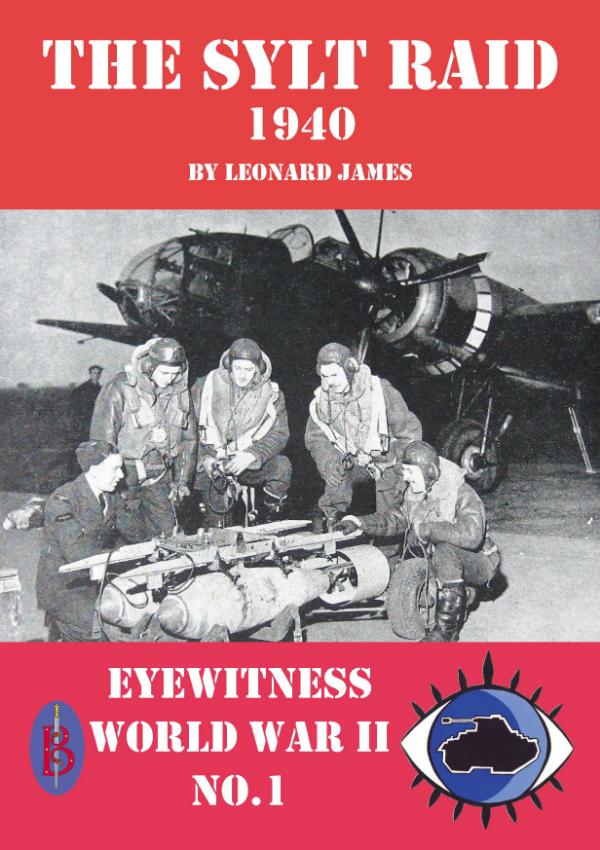
The Sylt Raid 1940 - Eyewitness World War II series
Author: Leonard Jamesfrom £0.76
An ebook containing eyewitness accounts of the RAF's first big night raid on Germany. Complete with explanatory text and background on the men and machines involved.

The V2 Offensive on London - a Bretwalda Battle
Author: Andrew Mayfrom £1.99
In September 1944 Hitler unleashed on London his ultimate Vengeance Weapon - the V-2, a ballistic missile that arrived without warning, demolished entire streets and against which there was no defence.
